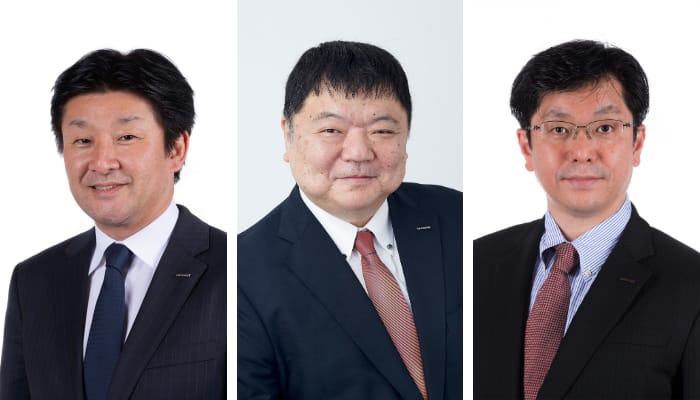Bangkok, Thailand – The Office of Small and Medium Enterprises Promotion of Thailand (OSMEP), in association with the ASEAN Coordinating Committee on Micro, Small and Medium Enterprises (ACCMSME) and the Federal Government of Germany and the German Agency for International Cooperation (GIZ) have spearheaded the launch of the ASEAN Access MATCH, a business matching platform, with a view to boosting trade within and beyond the ASEAN region.
Said platform is the newest feature of the ASEAN Access, the online portal for business information on trade and market access in ASEAN launched in June 2021. The platform offers registered members of the ASEAN Access platform the opportunity to be a part of an international business community and create visibility for their businesses beyond the region.
In his keynote address, Assoc. Prof. Dr. Veerapong Malai, director-general of OSMEP Thailand, said, “The MATCH’s feature will be a gamechanger in connecting enterprises across ASEAN and beyond to remain relevant in the global supply chain by establishing business connections from MATCH services which include live market information events, 1-2-1 matchmaking meetings, and product and technologies showcasing opportunities.”
Meanwhile, Reinhold Elges, country director at GIZ Thailand, highlighted the convenience of connecting to businesses abroad offered by the ASEAN Access MATCH.
“ASEAN Access MATCH will allow these businesses and entrepreneurs to connect with buyers and suppliers in ASEAN and beyond, at the click of a button. No more extensive travelling to meet a potential client, and no more travelling and accommodation costs when meeting suppliers. ASEAN Access MATCH will allow businesses to connect virtually with one another and showcase their products and services, free of charge,” he stated.
The ASEAN Access contributes to the implementation of the ASEAN Strategic Action Plan for SME Development 2016 – 2025 which envisions to create globally competitive MSMEs that are seamlessly integrated into the ASEAN community by focusing on initiatives to promote productivity, technology and innovation; increase access to finance, enhance market access and internationalisation; enhance policy and regulatory environment and promote entrepreneurship and human capital development.



